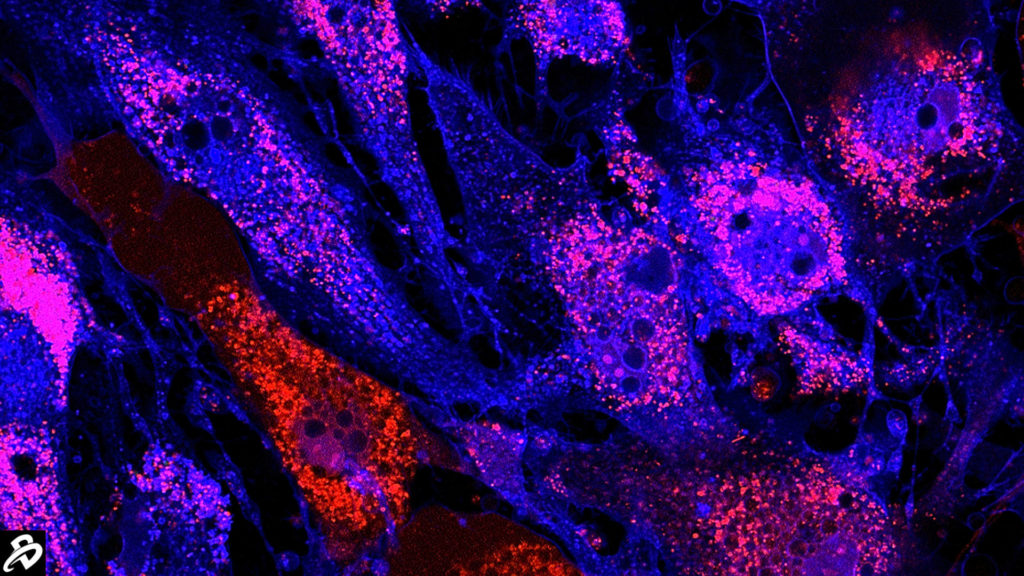Presently, MSC-based clinical trials are being conducted for a range of disease conditions, with many completed trials showing safety and efficacy. Clinical utility of MSCs is primarily attributed to their four key biological properties, which include:
- Their potential to migrate to sites of inflammation caused by tissue injury when injected intravenously
- Their potential to differentiate into different cell types
- Their potential to release different bioactive molecules that can stimulate the recovery of injured cells
- Their ability to prevent inflammation and accomplish immunomodulatory functions
MSC therapy for immune and inflammatory disorders continues to be effective, according to the available preclinical and clinical evidence. This has led to further diversification in clinical indications such as graft rejection, autoimmune diseases, osteoarthritis, and inflammatory liver and pulmonary diseases. A trend is also being witnessed in the shift from using autologous to allogeneic MSCs, which can be made available as off-the-shelf products.
MSCs find use in emerging applications as well, such as engineered tissues, organoids, MSC-derived exosomes, cosmeceuticals, and cultured meat. Of course, human iPSC-derived MSCs have also come to play a vital role in the development of MSC-based therapeutics, because of their ability to be manufactured in nearly infinite quantities.
The Rise of MSC-Based Therapeutics
In a previous analysis completed July 14, 2021, there were approximately 1,014 MSC-based clinical trials—among them were 197 MSC exosome-related trials and 124 COVID-19-related MSC trials. By November 9, 2022, the number of MSC clinical trials increased to approximately 1,471, which is quite a dramatic increase (45.0%) for such a short period.
However, the number of clinical trials involving MSC-derived exosomes declined during this time to only 10 today. Similarly, the number of MSC-based COVID-19 studies declined to zero. Exosome companies have largely shifted their focus to other cell sources, and consequently, the number of clinical studies utilizing MSC-derived exosomes has declined. Likewise, the number of MSC-based clinical studies for COVID-19 has declined due to widespread vaccination efforts, the success of alternative therapies, and declining infection rates.
Today, only 88 clinical trials using MSCs have reached Phase III, indicating that only a limited number of MSC products have near-term market potential and the therapeutic market for MSCs remains early-stage.
Current MSC Product Approvals
Presently, ten MSC-based products have received regulatory approvals, which include nine cell therapy approvals and one tissue engineering approval.
The approved MSC products include:
- Alofisel for perianal fistulas
- Prochymal for GvHD
- Temcell HS inj for GvHD
- Queencell for subcutaneous tissue defects
- Cupistem for Crohn’s fistula
- Neuronata-R for amyotrophic lateral sclerosis
- Cartistem for knee articular cartilage defects
- Stemirac for spinal cord injury
- Stempeucel for critical limb ischemia
- Cellgram-AMI for acute myocardial infarction
Unsurprisingly, many of these companies, including Mesoblast, Athersys, Pluristem, Stempeutics, and Cynata, are now repurposing their MSC products for new indications.
The Future of MSC-Based Therapeutics
A review of the ongoing clinical trials reveals that we are on track to have roughly five more MSC therapeutics by 2025, followed by an estimated ten more by 2030. Altogether, we are likely to have more than 20 approved MSC-based therapeutics by 2040. Currently, there are no exosome-derived commercial products that have achieved regulatory approval, although the first two products are expected by 2025.
MSC-based cosmeceuticals are another emerging field, with up five product approvals anticipated in the next couple years based in the current clinical pipeline. Of course, some companies also leverage MSCs to produce clean meat products (like leather) and foods (like lab-grown meat, fish, and milk). The U.S. FDA approved the first lab-grown chicken meat on 17th November, 2022.
Despite challenges within the field, MSCs represent the most studied stem cell type within the scientific literature and the most commonly administered stem cell type with clinical trials worldwide.
